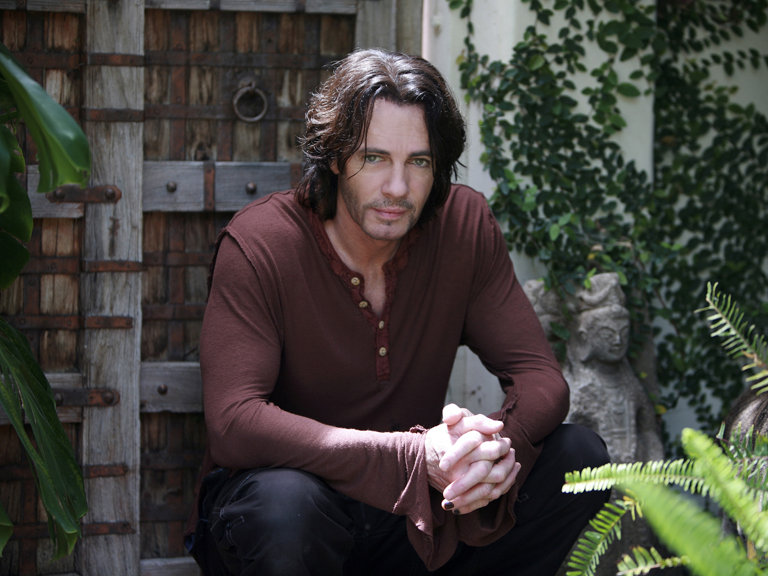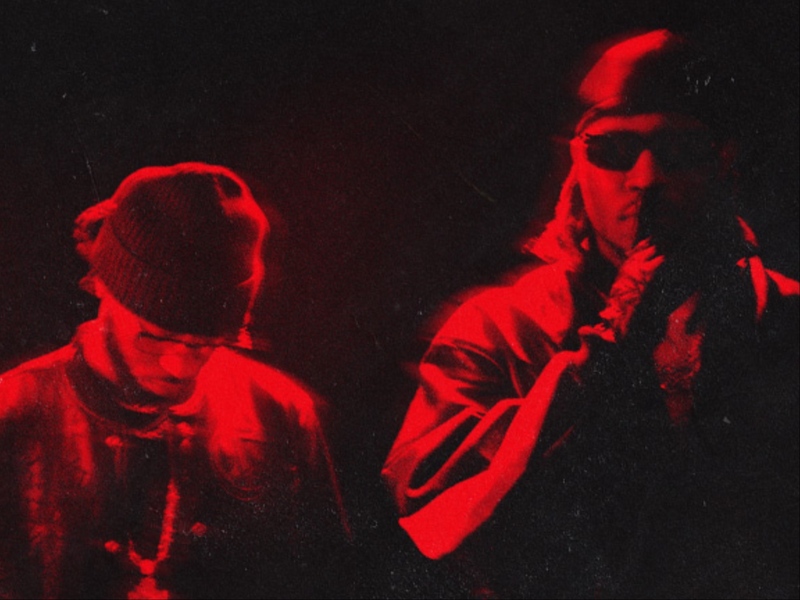Some may consider Rick Springfield a one-hit-wonder (though his 17 songs in the top 40 would seem to disprove that), but Rick Springfield’s career is far more than pestering Jessie about his girl.
The ’80s rock star continues to tour – including his current "Stripped Down" tour, his first ever solo tour which brings him to The Pabst Theater tonight. In between shows, he’s appeared in two recent documentaries – with his fans as the subject of "An Affair of the Heart," which played at the 2012 Milwaukee Film Festival, along with a significant part in the acclaimed rock doc "Sound City" from Dave Grohl – and wrote a memoir "Late, Late at Night" with his first dive into fiction, titled "Magnificent Vibration," gearing up for release in May. He also receives a star on the Hollywood Walk of Fame in May.
OnMilwaukee got a chance to talk to Rick Springfield and ask him about touring solo, his most recent cinematic and literary projects, and if he’s had enough of "Jessie’s Girl."
OnMilwaukee.com: How did you decide how you wanted this storytellers-style solo show to come together, without a band and with a Q&A session and an emphasis on storytelling?
Rick Springfield: We thought the Q&A idea might be a cool thing to add into it to help make it a different show, the band show. It’s a different set list, although I do some of the hits. It’s more lyric-driven and story-driven show. The band show is very high energy, and this is much more laid-back. We can talk and have fun and kind of ad lib and have a more relaxed kind of show.
OMC: What’s the weirdest question you’ve received so far in the Q&A session?
RS: By that time, everyone is in the vibe, and they just ask mostly real questions, hoping for answers they want to know. Nothing particularly weird, other than "Boxers or briefs?"
OMC: You’re performing a lot of songs that you haven’t really played before live. You’re focusing on a different set list then with previous tours. What’s a song that you’re bringing out on this tour that you’ve really wanted to play in the past and now you get a chance to play it now?
RS: There’s a song off of "Rock of Life" called "Honeymoon In Beirut" that’s always been a really complex song, and it didn’t really fit any set list I was doing with the band. So I pulled that one out because lyrically, it’s just a really interesting story, and I think it’s one of the better songs I’ve written.
I pulled out a song I wrote when I was 15 years old. It’s pretty horrible, so it kind of shows where it all started. I wrote a song especially for this "Stripped Down" thing. There’s a lot of different stuff in there.
OMC: What’s the song about that you wrote as a 15-year-old?
RS: It’s called "Painted Girl," and I think it’s about women who wear makeup. I’m not quite sure, because none of the girls I knew back then wore makeup.
OMC: Why did you decide to write your first fiction novel as well? Where did that idea come from?
RS: I always wanted to write. I thought I was going to be a writer when I was a kid. It was what I loved to do, and then music took over, and I channeled it into songs. But when I wrote my autobiography (which I wrote myself with no ghost writer), my publisher loved my voice and suggested that I should be writing fiction. I always wanted to, so I did it, and it’s actually been getting some great reviews. I’m excited about it. You never know; it’s my first thing out, so it’s always a crap shoot.
OMC: Where did the story for the book come from?
RS: It started out with an idea about conversations with god and messing around with that. The story kind of grew out of that. It’s dark humor; you have to have a sense of humor to read it. It’s starts out with a 32-year-old after a brutal divorce. He hates his job, and he thinks his life is one grey road until he flops over like a dead fish. So he steals a self-help book called "Magnificent Vibration in the Land of Desperation," and on the inside cover, there’s a phone number: 1-800-CALL-GOD. So he does. Depending on your spiritual beliefs, it goes north or south from there.
OMC: Where did you really get this idea from and flesh this idea out from?
RS: It just kind of wrote itself. I know a lot of writing classes and everything say that you should have the arc or understand where you’re going before you start. But I’ve never written like that. I always just kind of launch into it and discover it along with the characters. And that’s pretty much what I did with this.
It’s a bunch of different voices in there; it’s not just a straight narrative. It goes back and forth in time and out into space and all over the place. I’d write a section and go, "I have no idea what that means," and then later on, it would kind of reveal itself and come together. So it was a fun thing for me to do too. I was looking forward to getting back to it and find out what was going to happen.
OMC: You also recently played a role in the music documentary "Sound City," and one of the more emotional moments is when you’re talking about leaving your manager at the time, Joe Gottfried. What was that experience like telling that story to the camera, and was there anything that you wanted to say that didn’t make it through the edit?
RS: No, they got the best stuff from what I wanted to say. I was really excited for Joe that this studio that he loved so much was getting all of this attention. Every time I played or any time saw anything on TV about it or anything, I could see him standing off to the side smiling.
OMC: What was it like retelling that story because it seemed a bit painful talking about it on camera?
RS: Yeah, I didn’t really expect to get into it, but I kind of felt caught up in the moment of honoring Joe. The studio was all about him. I mean, I know everyone’s interested in all of the artists who recorded there and the hits and that, but it was really Joe that was the karma that brought all those people into that crappy little industrial complex in Van Nuys.
It was him and his love of just wanting to be around music. And karmic-ally, all the right people were sent to him. Even at the point when the studio had really gone under after the ’80s, and then friggin’ Nirvana showed up out of nowhere. Stuff like that was really, to me, a reflection on Joe’s spirit.
OMC: I have to ask one last question: Do you ever get tired of "Jessie’s Girl"?
RS: No, I don’t, actually, because I think it’s a really good song. Once you play it that many times, it becomes more than a song. It becomes a part of your life. It’s like dragging out your most popular child. You never get tired of uncles and aunts ooh-ing and aah-ing over your kids. So it’s kind of similar to that, except songs don’t steal your car at 3 ‘o clock in the morning and go out driving.
OMC: It’s interesting it’s become so popular considering it’s lyrics are fairly sad, about a guy who’s longing for a woman he’ll probably never get.
RS: He didn’t (laughs). Trust me; I know. It’s a universal thing, and it’s said in a fairly unique way. It’s got a good beat, and you can dance to it, I guess. A lot of the start of its resurgence was it being placed in "Boogie Nights." It was in such an unusual context, and I think it gave people a different perspective on it. It’s really cool to see 10-year-olds still singing verses. I just got an email from a friend of mine in Australia; Green Day is down there, and they just played it. It’s always being done in some form or another, so I’m very proud of writing it for that reason.
So no, I don’t get sick of it. I get sick of people – not sick of people, but get tired of it overshadowing other stuff. But in a way, it’s a double-edged sword. The fame of that song gets other stuff heard, too.
As much as it is a gigantic cliché to say that one has always had a passion for film, Matt Mueller has always had a passion for film. Whether it was bringing in the latest movie reviews for his first grade show-and-tell or writing film reviews for the St. Norbert College Times as a high school student, Matt is way too obsessed with movies for his own good.
When he's not writing about the latest blockbuster or talking much too glowingly about "Piranha 3D," Matt can probably be found watching literally any sport (minus cricket) or working at - get this - a local movie theater. Or watching a movie. Yeah, he's probably watching a movie.







